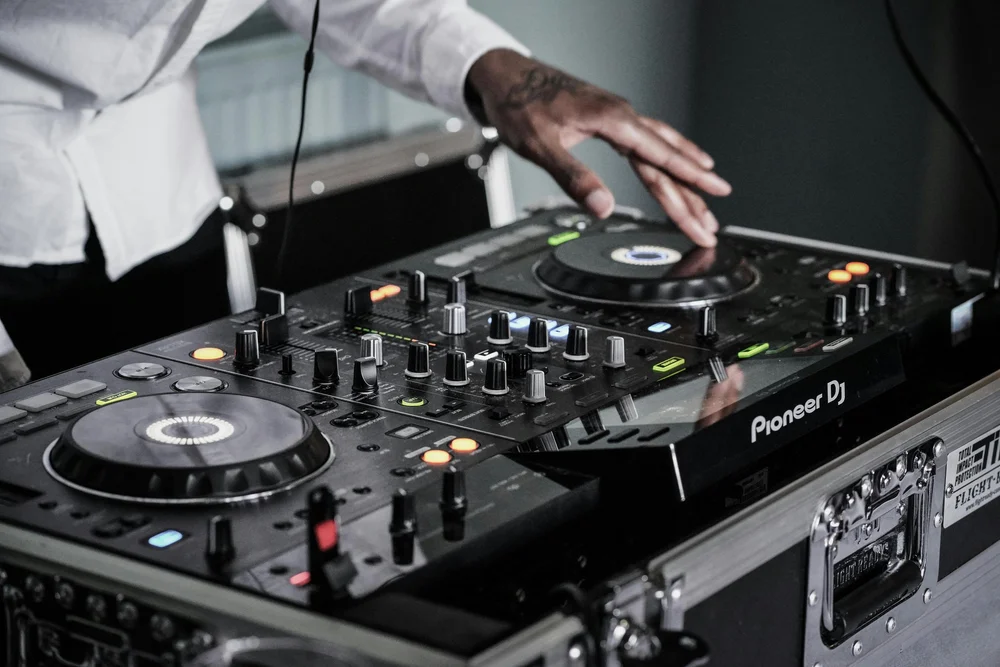
Image: https://ift.tt/y3OqMme
When filming, whether it’s for television, movies, or anything in between, there’s a lot of things to consider. It can certainly be a stressful time. In fact, that’s probably putting it mildly.
Perhaps one of the most complex examples of this is sound design and sound mixing. It’s something that is a key part of pretty much any production. Yet, for those of us who aren’t experts, it isn’t always easy to parse.
Thankfully, there are plenty of experts out there to help with production sound mixing. Experience only adds to that ability, of course. As you can see here: https://etheses.whiterose.ac.uk/24020/, there is a lot to learn.
If you want to understand how this works, make sure to stick around. We’ll be explaining what it is, as well as how to find knowledgeable experts to help with your productions.
What is Production Sound Mixing?
Naturally, our first order of business is to define production sound mixing. Simply put, it’s the process of capturing and blending audio during the filming of a movie, television show, or other production. Let’s look at some of the components.
Recording Location Sound
This is something that we don’t necessarily think of all the time. However, it’s still a key part of a film set. Essentially, it’s when a professional records dialogue, sound effects, and ambiance directly on set. Sometimes there’s a whole team working on this.
Why is it so important? Well, it helps to ensure that the performances of the actors are captured in high quality. Of course, there’s also the fact that the audio needs to match the visuals.
Using Equipment
The production sound mixer uses various pieces of equipment. Experts like Adrian Bell detail some of the specifics. Generally speaking, though, it could include microphones, audio recorders, mixers, and boom poles.
Together, they work to minimize background noise and ensure clear dialogue. This is something that is factored in when recording on location, as we mentioned above.
Monitoring and Adjusting Levels
The sound mixer constantly monitors the audio levels to avoid clipping. Clipping is a type of distortion due to overly loud sounds. They also ensure a balanced sound.
In addition to that, they may adjust levels on the fly to accommodate different scenes and actor performances. You can see how this all works in tandem.
Syncing Audio and Video
Now, it’s easy to only focus on the aspects of this during production. However, the role of production sound mixers in post-production is also critical. During that process, the recorded sound is then synchronized with the visual elements.
Much of the production sound is used as is. That said, sometimes adjustments and edits will need to be made. Re-recordings may also occur as necessary.
Overall, production sound mixing is a vital part of the filmmaking process. After all, high-quality audio can significantly enhance the viewer's experience and immersion in the story.
Finding an Expert
The other most important aspect of this is knowing how to find an expert. While there are a lot of options, as you can read about in this article, finding the right fit can be quite a challenge.
One of the first things you will want to do is decide what type of experience you’re looking for. Do you want someone well-versed in all types of media? Perhaps you’d rather find a specialist in movies, television, or something else.
Thankfully, most professionals will have examples of their work listed on their website. At the least, they should be able to provide some sort of portfolio. This should help you find what you’re looking for in terms of expertise.
There are a lot of accomplished professionals in the field, after all. Each brings their own unique touch to the table. If you like someone’s prior work and think they would be a good fit for your project, then you can begin the consultation process!
Hiring a sound production mixer requires careful consideration, research, and clear communication. Don’t forget that you can check references and reviews as well. In that sense, the internet has made that part of this process much easier.
Still, it doesn’t hurt to ask your peers in the industry for recommendations and references. They can point you towards professionals and experts that they know create quality work. Overall, that’s still a surefire way of finding a production sound mixer.
Overall, if you’re wondering if hiring a professional is worth it, it’s hard to say “no” to that question. After all, while it may seem like something simple and easy, that couldn’t be farther from the truth. Properly sound mixing for production requires training and expertise.
That’s why bringing in an expert is usually a good idea. Considering how many options we have, it’s hard to deny that it’s efficient as well!
from Review Blog https://ift.tt/Zr2FwsH







No comments:
Post a Comment